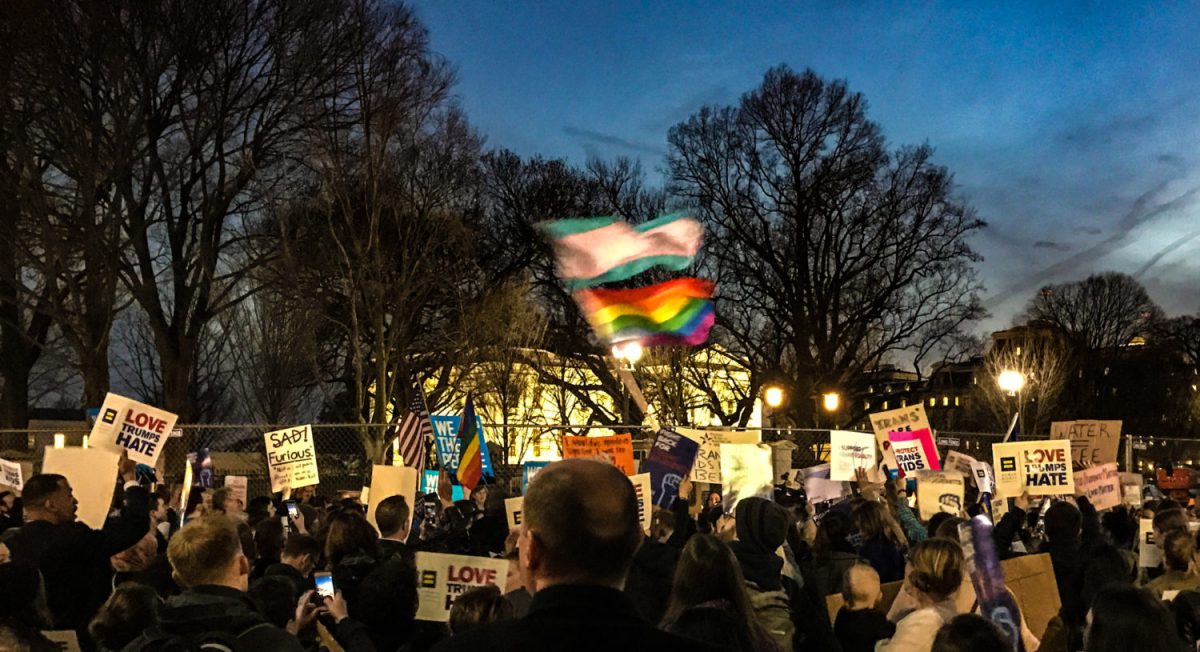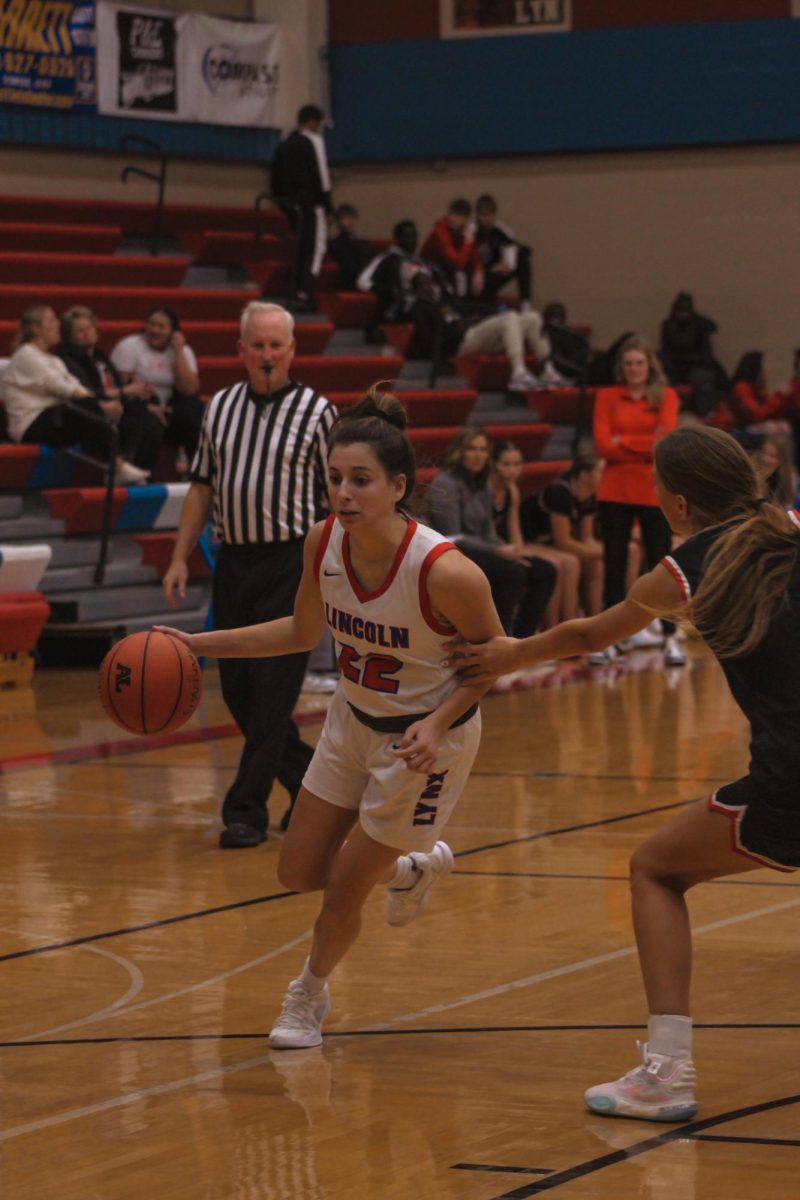One of the hottest debates in recent years is the inclusion of transgender athletes in women’s sports. On the one hand, the strong push for inclusivity and the recognition of transgender rights is a nice evolution from when LGBTQ+ was first introduced to society. On the other hand, however, there is a difference between inclusivity and fairness. Athletes, coaches, and sports governing bodies have all raised concerns about fairness and competitive balance. Not only do transgender athletes in women’s sports raise concerns about fairness, but they can also cause injuries to occur more frequently. This issue needs to be resolved before people get career-ending injuries.
While many sports organizations and governing bodies have tried to implement policies and guidelines to address these concerns, the debate continues. The main issue with transgender athletes in women’s sports is balancing inclusivity and fairness. Many advocates believe that transgender individuals should get to play the sport that coincides with their gender. However, other advocates believe that if they allow this to happen it will create an uneven playing field. This is because although they made the transition, they may still have physical advantages such as muscle mass, bone density, and testosterone levels. All of these physical attributes would give them an unfair advantage over cisgender women.
Recently, a transgender woman named Lia Thomas won the NCAA Division l national championship for the 500-meter women’s freestyle. While this occurred in 2022, that is now where her swimming career ended. According to NBC News, in a legal battle before the 2024 qualifying trials for the 2024 Summer Olympics, Thomas lost to World Aquatics, making her unable to compete. World Aquatics referred to rules that were established in 2022, stating that transgender women who have been through male puberty were banned from competing in women’s races. This rule had been established a few months after she won her national title.
Some people do believe that transgender women deserve to play in women’s sports as denying them the opportunity would be “trans-phobic”. Hudson Taylor, the founder and executive director from Athlete Ally, said “By dismissing Lia Thomas’ legal challenge against World Aquatics, the CAS has denied her fundamental right to access an effective remedy for acts that violate her human rights. This is a sad day for sports and for anyone who believes that transgender athletes should have the opportunity for their experiences of discrimination to be heard and adjudicated like everyone else.” While Taylor is one of many activists for trans-women to be able to compete in women’s sports, the odds seem to be stacked against them.
In my view, the debate over transgender athletes competing in gender oriented sports highlights the need for a careful and balanced approach. While it’s important to respect and support the rights of transgender individuals, I don’t believe it’s necessary to allow them to compete in women’s sports. Not only is it unfair to the cisgender women the transgender women are competing against, it is also unfair to their own teammates. Should there be a transgender female playing a sport for their school with other cis women, in most cases they will end up overshadowing their accomplishments. To some people, this may be a silly reason, but for those who have worked their whole lives and have dedicated their time and energy into a sport, looking for a scholarship, only to be outshined by a transgender woman, this is devastating news. While this can be a big part of the debate, the overall question is if it’s fair. The answer is no, and that isn’t just an opinion, it’s facts, proven by conclusive research. According to Alliance Defending Freedom, even if transgender women take cross-sex hormones, they still have their greater height, weight, and larger, stronger bones. They say that there has been research put into it and has proven that these traits result in greater muscle growth allowing stronger throwing, hitting, and kicking, as well as higher jumping.
However, at the end of the day, if people simply talk about it, nothing will get done. We need to think of alternative solutions to give everybody a voice and opinion. One solution could be opening a new category in addition to the traditional male and female categories. The new category would be open for any gender of athletes to compete, providing a space where inclusivity is prioritized, giving less room for complaints and disagreements. This new category would ensure all athletes to be able to participate in sports without dampening their identity, while also allowing the female game to stay fair and competitive. New, forward thinking ideas like these would help grow sport as a whole and allow all people to grow closer playing and watching the sports they love, with the athletes they love.
At the end of the day, the debate surrounding transgender athletes in women’s sports requires thoughtful consideration from all voices and opinions. By working together and balancing the principles of fairness and inclusivity, we can all contribute to new, innovative policies and ideas that respect the rights of all athletes. All voices, informed by deep, scientific research and the voices of those who are directly affected, are extremely important in making decisions that maintain the integrity of competitive sports. Ultimately, all of our goals should be providing a safe, fair environment for all people to have fun and succeed in their goals.












